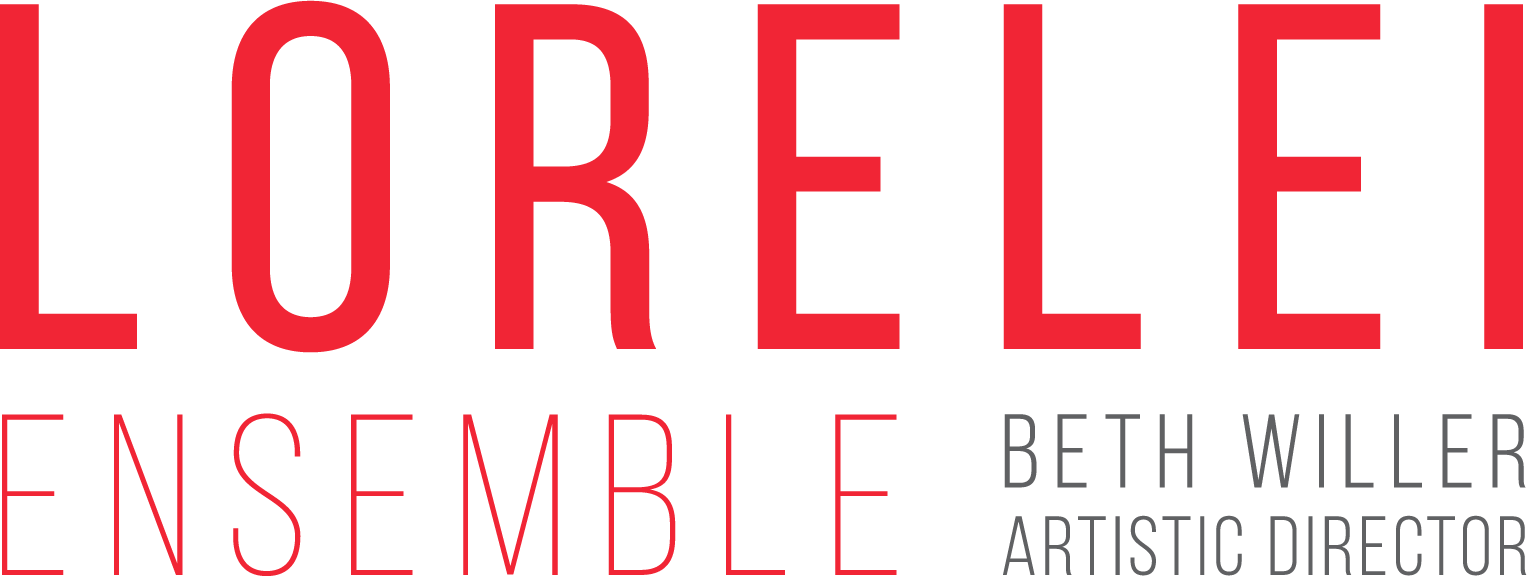David Middleton- Founder of Middleton Arts Management
I am the owner and founder of a small (what some would call “boutique”) arts management company, working exclusively with ensembles, with a focus on early, classical and contemporary music performance. Though my career in arts management reaches back nearly 30 years, having worked for a variety of companies both big and small, I started my own company in December 2015, just over four years ago. My mission was to curate a roster of between five to seven ensembles, intentionally keeping the list small, featuring groups that were at the top of their game and were somehow unique on the planet for what they offer to live music audiences. My goal was to be able to offer these ensembles a uniquely intimate artist/manager relationship where I could devote close attention to both career development and increased concerts bookings. My second goal was to be able to be very closely attentive to the presenting clients with whom I was working in order to make each experience with those clients a positive one. When I started this company, some of my family, friends and colleagues expressed concern about “going small” like I did. However, with increased exposure, and steadily increasing bookings for each of the ensembles, my experiment seemed to be working….until early March of this year when I received the first concert cancelation of many for my ensembles (I stopped counting when the number reached 20) due to fears of the Coronavirus.
To say that this crisis has been devastating to my company is an understatement. With concerts being canceled, the work I have been doing (in some cases for nearly two years) was abruptly erased. With concerts being canceled, the ‘force majeure’ clauses in the contracts I signed on behalf of the ensembles have become immediately worthless. With concerts being canceled, the ensembles that I work with have lost tens of thousands of dollars in performance fees that they have been counting on (for over a year in most cases). And thus, with concerts being canceled, the commissions that I have been counting on from these performance fees have also stopped coming in.
However, I am still working on behalf of my roster of ensembles, perhaps harder than ever before. My days over the past several weeks have been spent working with my presenting clients to try and reschedule these many lost concerts for the future. By and large, I have been fortunate that the majority of these cancelations have become “postponements” - concerts that can’t happen now will happen in the future. And in just a few cases, some clients have found a way to pay performances fees, or partial fees, in advance as a means of helping these struggling ensembles, as well as my company. I have simultaneously been keeping my finger on the pulse of my presenter clients, trying to carefully gauge when those clients will be ready to discuss future ideas and bookings for my roster given that they too are experiencing unprecedented circumstances, juggling how to keep their concert venues viable, and somehow rescheduling concerts on top of next year’s concert season that has already been confirmed. As of this writing, presenter clients are not yet ready for those discussions about the future, turning to the summer months when we all hope things will have settled down.
There is unquestionably a feeling of “we’re all in this together” between presenters, managers and artists, so though the days have been bleak, there is also a very heartening sense of solidarity that I have seen building throughout the arts community – artists helping artists, arts organizations stepping up with grants and funding opportunities, managers sharing resources with other managers on how to obtain loans in order to keep afloat and so on. It’s my hope that this transformation toward closer solidarity within the arts community will possibly be the silver lining we’re all seeking for the future of the arts. History has shown that times of crisis results in profound and prolific creativity from artists and I’m excited to see the new work being created by my roster. Perhaps the most intense transformation for me, due mostly to feelings of helplessness to change the circumstances created by this pandemic, has been a deepening sense of responsibility for the ensembles that I manage.
It’s very difficult to predict how this will all play-out for the arts community since we are dealing with a very unpredictable virus under unprecedented circumstances. We should remain hopeful that concerts will begin again soon, but remain vigilant should circumstances demand more time. But if there is one thing about which I am 100% confident it’s that people need live performances in their lives. It’s human nature to want the thing you can’t have and to take for granted the soul-fulfilling outlets that you count upon. Arts presenting organizations will become more lean, but will find a way to survive; artists will continue to create remarkable experiences and find new ways of promoting what they do; managers will find new avenues for their ensembles and a deeper commitment to exposing their creativity. And audiences will return.

